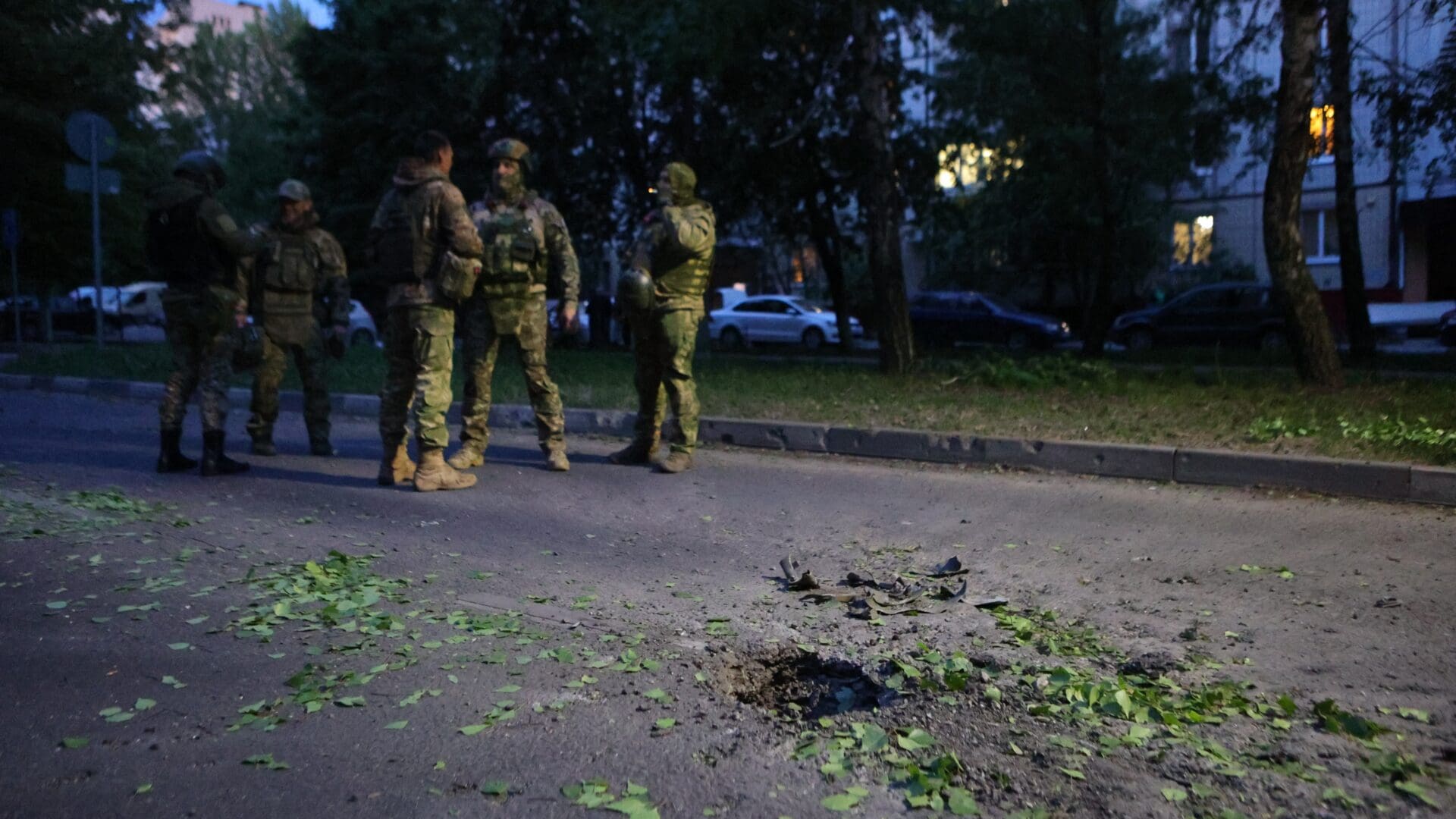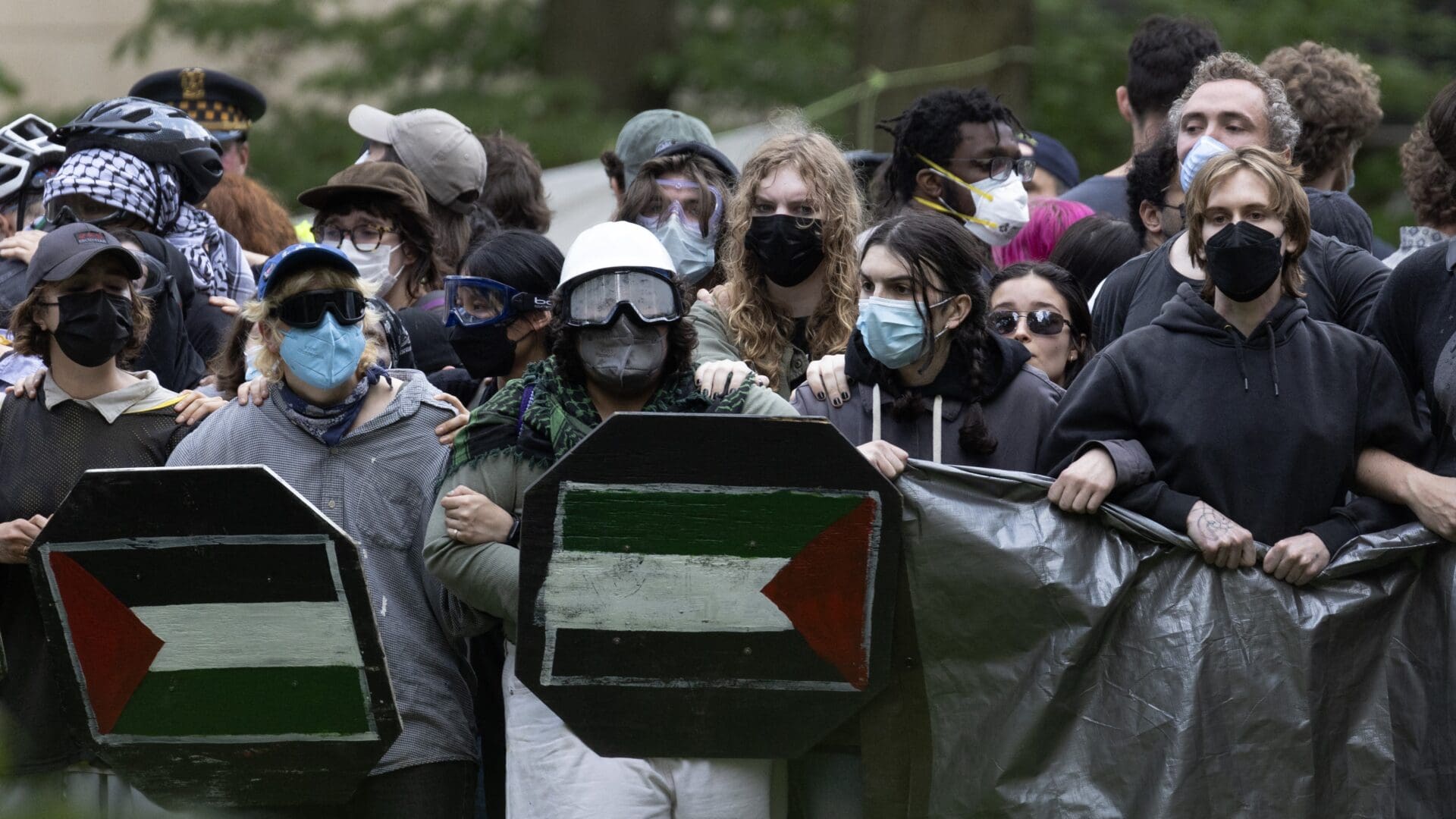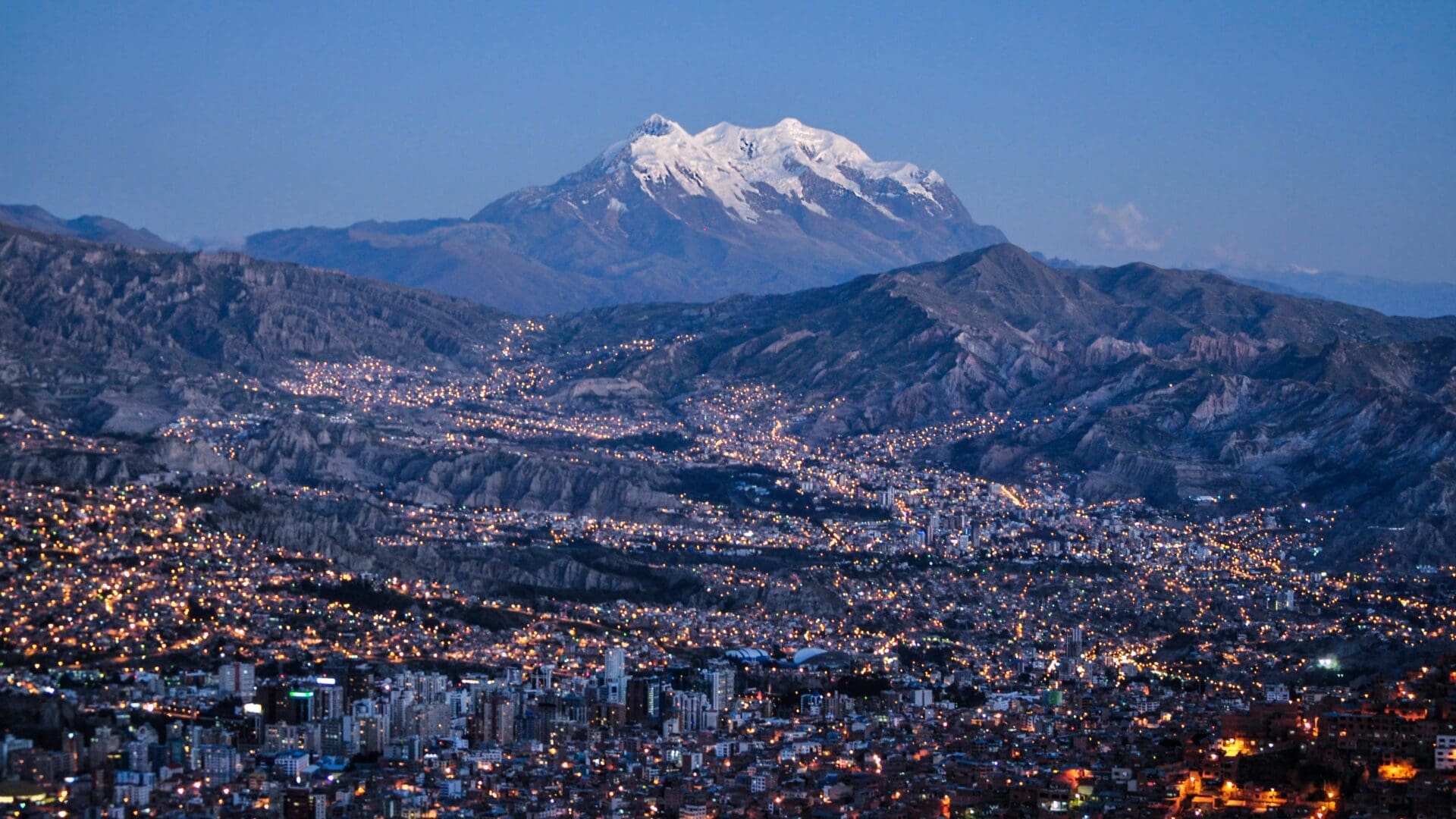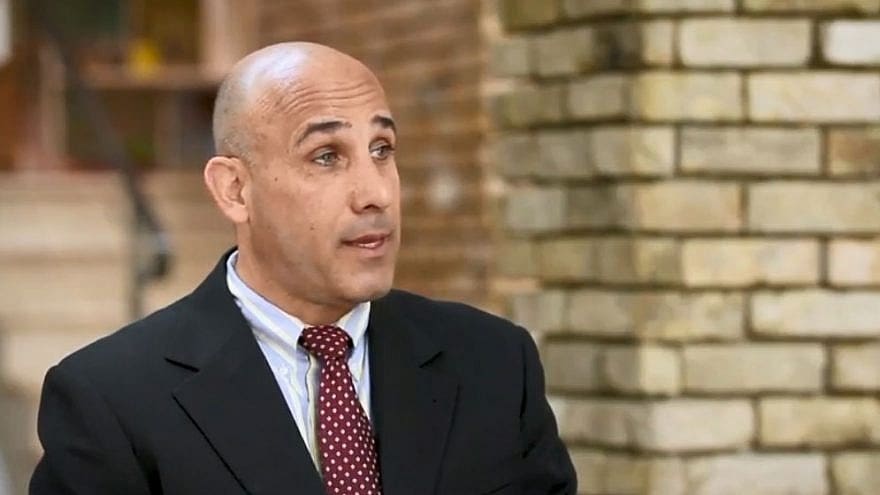
Can Russia Occupy Ukraine AND Attack the Eastern Flank of NATO?
‘The vestiges of Cold War thinking continue to linger on, with the fear of a hypothetical Russia–West conflict escalating into a war that ends civilization imprinted on our minds so much that it has never actually gone away. Nevertheless, it must be recognized that Russia has lost much of its power compared to its Communist era strength and would struggle if it wanted to fight against the West. To be precise, barring the suicidal option of launching a nuclear holocaust and burning everyone, including itself, to smouldering ashes, Russia is not even economically competitive enough to master sufficient military power to achieve superiority in brute force over Ukraine, not to mention having the strength to go on and attack any NATO country.’










